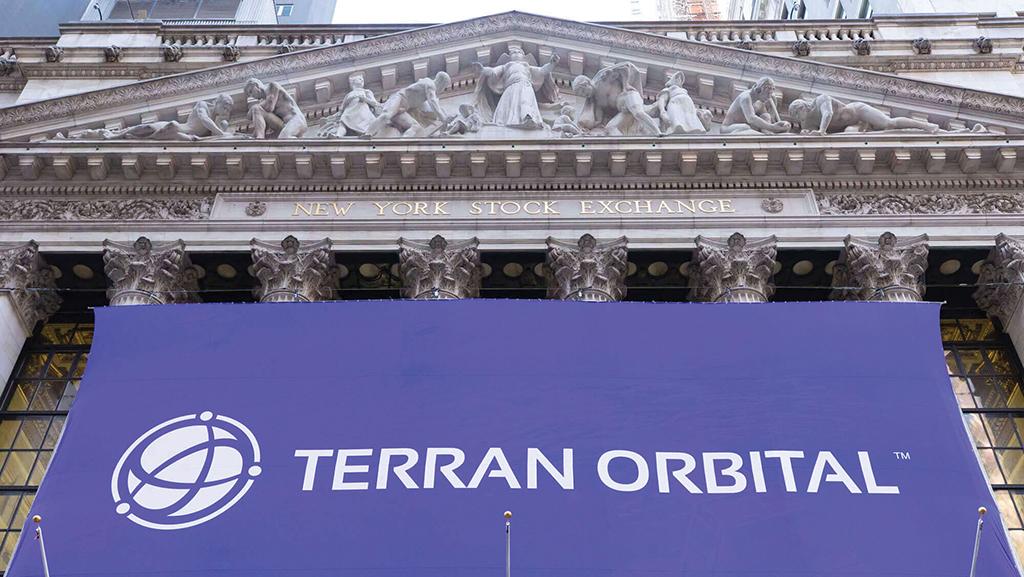
Terran Orbital is downplaying a $2.4 billion order from startup Rivada Space.
Credit: Terran Orbital
The story Terran Orbital has been selling to investors for years is: “Yes, we are losing money, but revenue is growing quickly, and it is only a matter of time before we become profitable.” That story broke down in the first quarter of 2024, when the satellite bus manufacturer saw its revenue drop...
Terran Orbital Faces Cash Crunch is part of our Aviation Week & Space Technology - Inside MRO and AWIN subscriptions.
Subscribe now to read this content, plus receive full coverage of what's next in technology from the experts trusted by the commercial aircraft MRO community.
Already a subscriber to AWST or an AWIN customer? Log in with your existing email and password.


